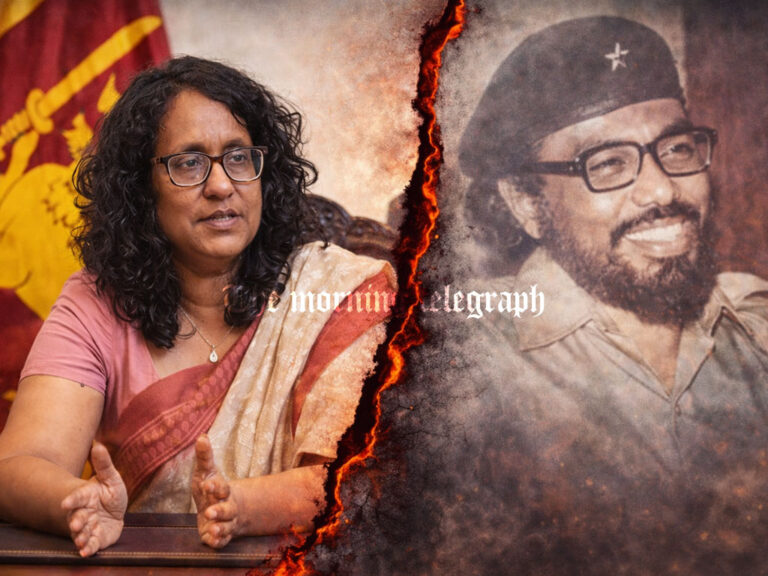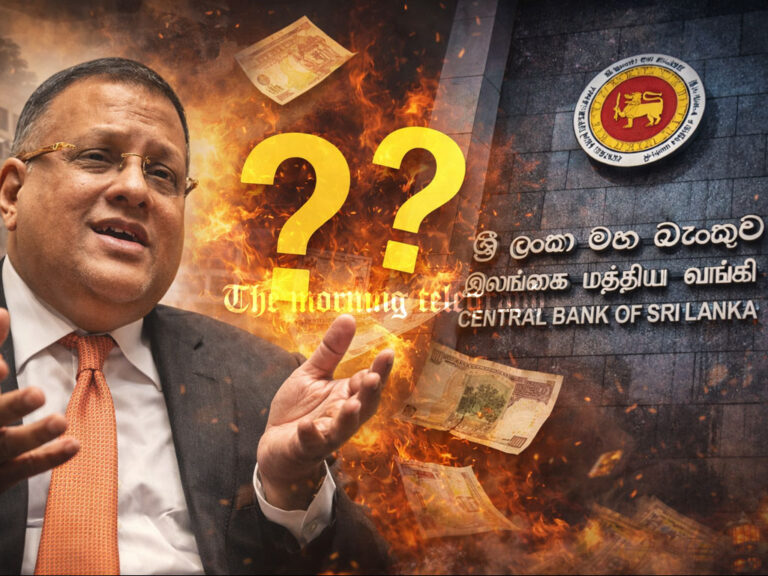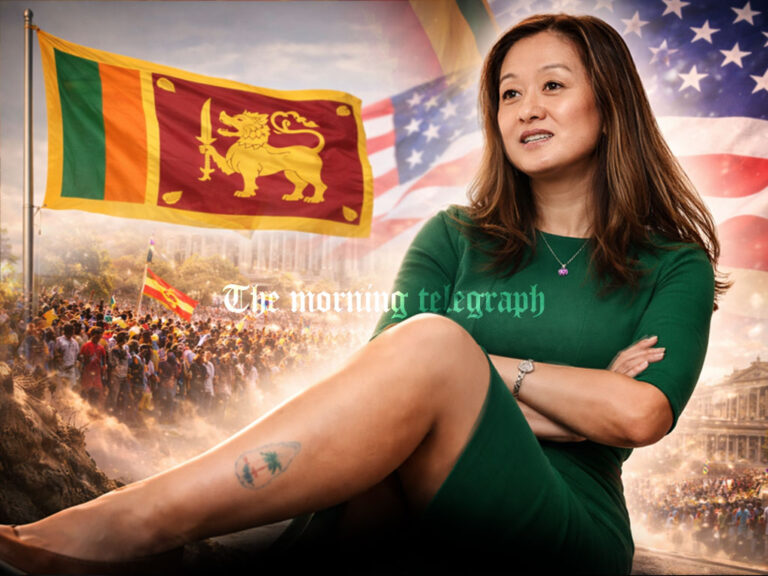
Large Protests Planned as Democratic National Convention Opens in Chicago
CHICAGO (August 18, 2024) — As the Democratic National Convention opens in Chicago, activists have begun assembling for a series of large marches and rallies. The protests aim to spotlight various issues including economic injustice, reproductive rights, and the ongoing conflict in Gaza.
Despite President Joe Biden’s withdrawal from the race and the Democratic Party’s swift endorsement of Vice President Kamala Harris as the nominee, protest plans remain unchanged. Activists are preparing to make their voices heard and push their progressive agenda, focusing on topics such as climate change, abortion rights, and racial equality. A key message of the demonstrations is an urgent call for a cease-fire in the Israel-Hamas conflict, which many protesters are likening to the Vietnam War protests of a previous era.
Chicago, which boasts one of the largest Palestinian communities in the U.S., has seen a surge in activists arriving from across the nation. Organizers anticipate a turnout of at least 20,000 for the march and rally planned for the convention’s first day.
Hatem Abudayyeh, spokesperson for the Coalition to March on the DNC, emphasized the protesters’ goals: “We have to play our part in the belly of the beast to stop the genocide, to end U.S. aid to Israel and stand with Palestine.”
The coalition, which includes numerous organizations and student groups, has learned from the recent Republican National Convention in Milwaukee. They expect larger crowds and more dynamic demonstrations throughout the week.
Pro-Palestinian supporters gathered at Chicago’s Union Park on Monday morning, preparing for a march to a site near the United Center, where the convention is being held. Taylor Cook of the Freedom Road Socialist Organization, who traveled from Atlanta, criticized Kamala Harris’s role, saying, “We’re saying to Kamala, she has been complicit in this. People think it’s just Joe Biden, but she is vice president.”
The initial protest on Sunday night featured calls for abortion and LGBTQ+ rights and an end to the Gaza conflict. The march proceeded without major incidents, although two people were arrested on charges related to resisting police and property damage.
Illinois Governor JB Pritzker welcomed peaceful protests, acknowledging that some delegates might resonate with the protesters’ messages. “The Democratic Party doesn’t shut people out and disallow them from expressing their First Amendment rights,” Pritzker stated.
However, concerns about potential chaos remain. The city has seen comparisons to the violent clashes of the 1968 convention. In preparation, some businesses have boarded up windows, and additional court space is being prepared for possible mass arrests. Chicago police have received extensive training in constitutional policing and de-escalation tactics.
Disagreements have arisen between the coalition and the city over protest logistics. A judge has approved a shorter march route than the organizers had hoped for. Abudayyeh has promised to continue pushing for a longer route.
Additionally, the Philadelphia-based Poor People’s Army, advocating for economic justice, plans to host events at Humboldt Park, including appearances by third-party candidates Jill Stein and Cornel West, and a 3-mile march.
A speakers’ stage outside the convention center will feature a mix of progressive groups, including the Israeli American Council and the conservative Illinois Policy Institute, as well as a local firefighters union addressing their contract disputes.
Chicago Mayor Brandon Johnson affirmed his commitment to protecting the right to protest, stating, “The First Amendment is fundamental to our democracy. I’ll do everything in my power to protect the right to assemble in protest.”




